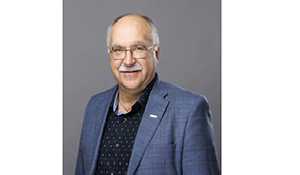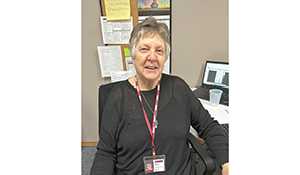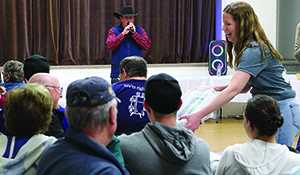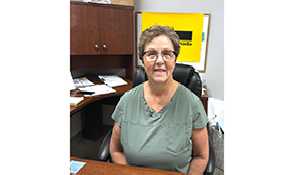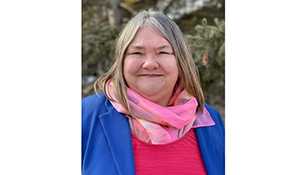In wake of Moosomin overdose death Health Ministry concerned over increase in overdose deaths
March 1, 2023, 4:30 pm
Kevin Weedmark
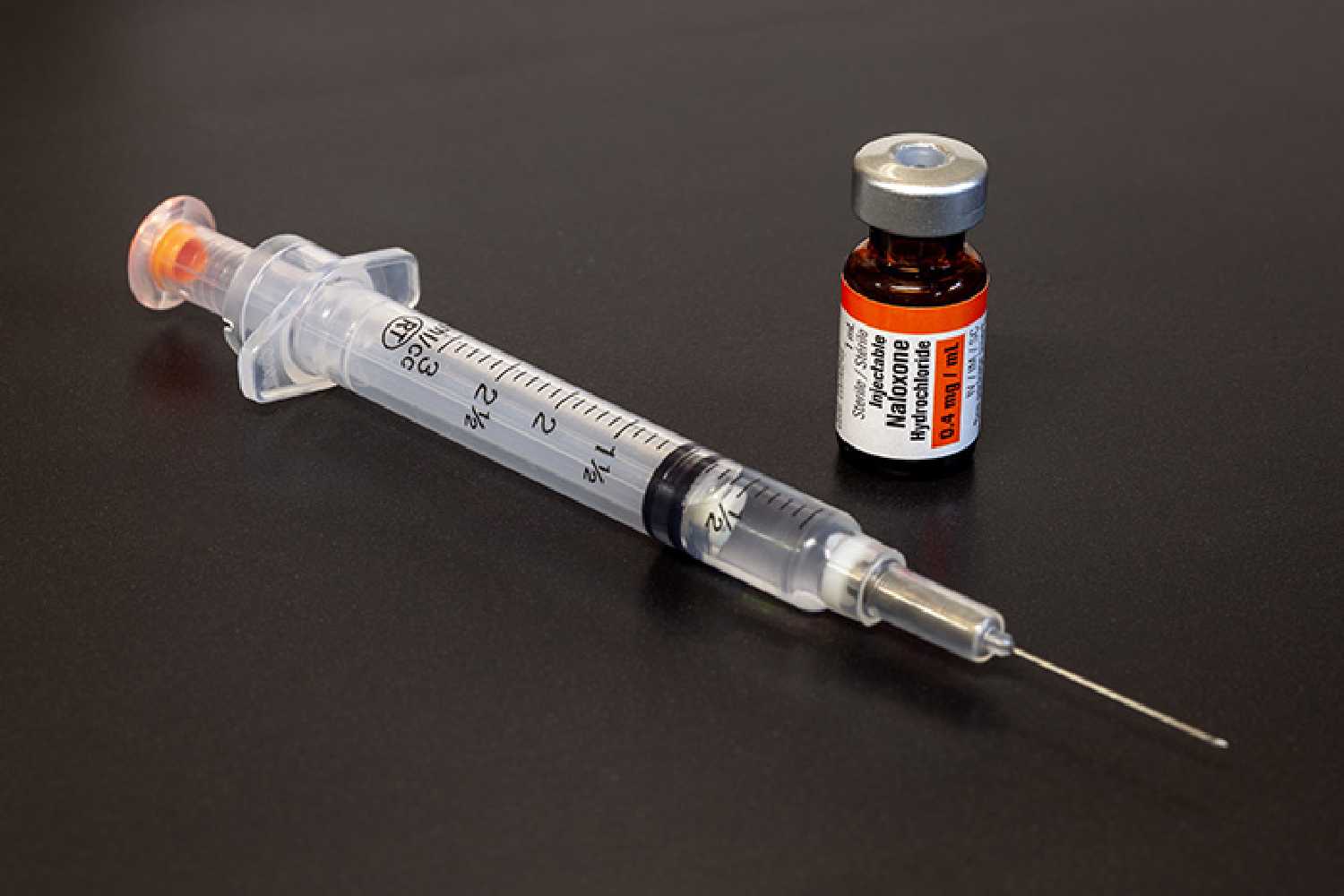

In the wake of an overdose death in Moosomin, Saskatchewan’s Ministry of Health says it is concerned over the increase in overdose deaths in the province.
“While we cannot comment on a specific death due to privacy concerns, any loss of life due to an overdose is tragic,” the Ministry said in a statement to the World-Spectator. “We extend our sympathies to anyone who has lost a loved one to a drug overdose.
“The Government of Saskatchewan is concerned about the increase in overdoses and the impact on individuals, families and communities. We are committed to finding solutions to address this complex issue with our partners to make our communities safer.”
Funding for treatment
The ministry says it is expecting additional funding to start making a dent in the problem.
“In 2022-23, we are investing $470 million into mental health and addictions services, with $67 million directed to addictions. Addictions treatment services include wrap-around supports and recovery methods that respond to the needs of the individual. Outreach services, harm reduction services, outpatient treatment, withdrawal management/detox, inpatient and day treatment services are available throughout Saskatchewan to ensure individuals who need help are able to access services when and where they need them.
“The budget includes $2.1 million to begin implementing our commitment of 150 new addictions treatment spaces.”
Naloxone kits and other help
Free Take Home Naloxone kits are available in more than 93 communities and over 320 sites across the province; the number of locations will continue to rise as the program expands its partnerships with community pharmacies.
In Moosomin, THN kits are available at the SHA South East Integrated Care Centre.
Drug checking testing strips are also available throughout the province.
For more information, including where to find these resources in a specific community, please visit www.saskatchewan.ca/overdose.
Harm reduction vans are operating in Prince Albert, North Battleford, Yorkton, Saskatoon and Regina.
Harm reduction van staff provide safer injection and inhalation supplies, safer sex supplies, naloxone, as well as education for clients on naloxone use.
Vans provide return and disposal options to reduce discarded needles in the community as well as basic health care such as treating wounds, infections, or HIV testing.
Planning is underway to implement additional mobile harm reduction services, including three new community wellness buses.
The first bus is expected to begin operating in fall 2023.
Reach out for help
The health ministry says it is important to reach out for help.
“It is crucial for people who are in distress to know that supports are available and that it is okay to reach out for help. We encourage anyone who is in distress to reach out for support.
“Along with the Saskatchewan Health Authority mental health and addiction services, there are other resources available for support, such as HealthLine 811, Kids Help Phone, Mobile Crisis phone lines, and the federally funded Hope for Wellness chat line.
“These helplines provide counselling, support, information, and referral services for those who need help anywhere in the province.
“For those at risk of an overdose, the National Overdose Response Service [1-888-688-NORS (6677)] is a toll-free, 24-hour hotline that connects people who are alone and using drugs with peer volunteers who can call for help if it’s needed.”










